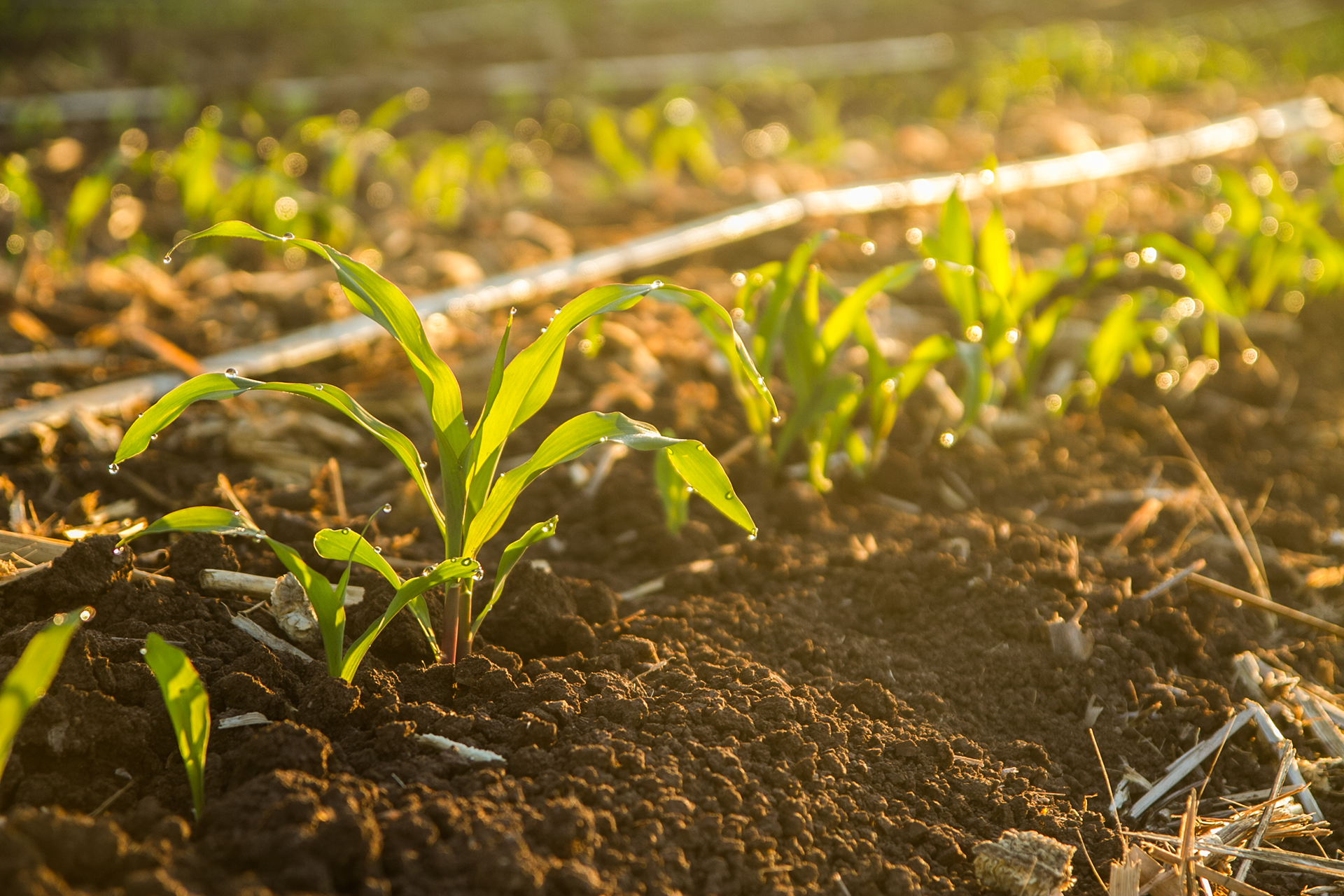South Africans are justifiably proud of their can-do, DIY reaction to life’s challenges. When things become complicated, however, sound and impartial advice becomes indispensable.
Technology and access to information make it increasingly possible for ordinary people to accomplish tasks that used to be regarded as the domain of specialists. You can plan and book an overseas trip yourself, no dish is too exotic for a YouTube tutorial, and Dr Google can come in handy to help diagnose and treat ailments.
Cost savings is one of the major driving forces behind DIY. When the middleman is dispensed with, we argue, the product or service has to cost less. This same opinion prevails in agriculture at the moment, with organised agriculture bodies calling for the value chain to be shortened in the interest of lower input costs and transparent price determination.
“Growers can no longer afford to be part of an inefficient value chain,” says Janet Lawless from InteliGro. However, she adds, fewer links do not necessarily result in a lower-cost chain. The key is the value each link adds or doesn’t add.
“Agents who only sell good products at a good price backed with good service, are a link that no longer belong in the value chain,” Lawless explains. “These days growers insist on solutions that not only enable them to get around complex stumbling blocks, but that were developed for their farms’ unique circumstances. This is not something you can put together with a bit of online research.”
The solutions growers require to flourish in the new production and market environment include:
- Low- and/or no-residue programmes that give them access to highly regulated markets.
- Reliable and relevant data for better and faster decision-making.
- Training for farmworkers in the safe and correct use of products to meet the requirements of sustainable production and stewardship.
- Programmes and practices developed for a specific farm’s soil types, climate and cultivation practices. Often, trials on a farm are the only way to determine what really works and what not.
- Options for financing that take specific challenges and opportunities into account.
- Existing programmes or projects that growers can join to fulfil their stewardship responsibilities.
Underpinning each of these points is the principle of independent advice that benefits the grower and that is not dispensed with an ulterior motive. “We are now in the era of trusted business partners,” says Lawless. “Growers no longer buy products; they invest in solutions that are geared towards sustainability and that consider the full complexity of the production environment.”
To meet this industry requirement, InteliGro launched a programme in 2021 that equips its crop advisors to provide growers with the kind of relevant, accurate information that enables them to leverage the opportunities presented by the transforming production environment.
With this initiative, InteliGro aims to develop all its advisors and learner advisors into senior certified crop advisors (CCAs) over time. The programme is a well thought out combination of regular evaluations, technical and commercial training, and the development of personal and interpersonal skills.
The first group of CCAs received their certificates at the end of 2021 and recently a further 14 qualified. “Our senior crop advisors are fully equipped to make a difference on the farm, because sometimes DIY is not the way to go,” Lawless concludes.









